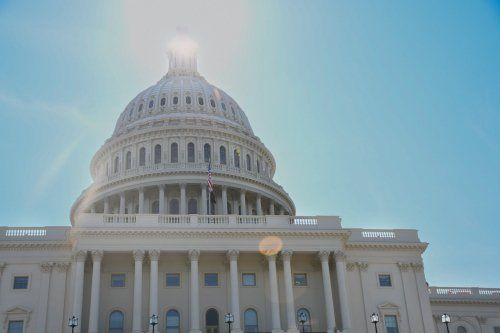August Recess: Time to Tag-Team a Farm Bill

It is August recess in Washington, D.C. and Illinois congressmen are back in their home districts visiting family, campaigning and attending events. With the current state of the farm economy, it’s the perfect time for Illinois farmers and elected officials to work together and tag-team a farm bill.
ICGA released a farm bill Call2Action this week, requesting its membership speak with their congressmen while they are in district. Low prices and high input rates reiterate the importance of well-written legislation, representing Midwestern growers.
“The reality of the farm economy shows the importance of a passing a bipartisan, comprehensive farm bill,” Victoria farmer and ICGA President Dave Rylander said. “As a grassroots organization, we need to continue reaching out to our representatives and work together to get a bill passed.”
The University of Illinois’s farmdoc daily reports markets suggest corn prices will average $4.00 per bushel and soybeans $10.50 over the next few years. The prices are well below recent history.
Additionally, input costs remain high for farmers. The Illinois Farm Business Farm Management (FBFM) reports non-land costs for corn averaged $587 per acre in 2014-2019. This year the organization estimated non-land expenses will be $772 per acre.
The story is worse for growers renting farm ground.
Farmdoc predicts a loss of up to $185 per corn acres when factoring increased yield from positive growing conditions. Soybeans are reported to lose $74 per acre. The economic analysis suggests the overall $129 per acre net loss would be the lowest since 2000.
“Most farm operations have strong financial positions, with relatively low debt and high working capital,” the farmdoc article said. “However, the low returns that are expected will quickly erode that position, particularly the working capital position. Some farms may need to make changes to their operations to avoid severe losses of liquidity.”
The crop insurance program, included in the farm bill, is the safety net our family farms need to weather economic downturn. The current climate makes passing a farm bill that represents midwestern growers even more important.
Reach out to your Congressman today and request action on the farm bill!







